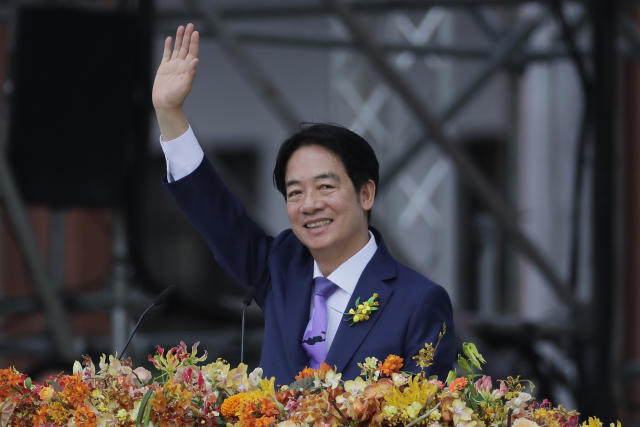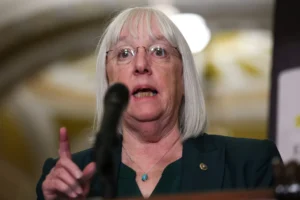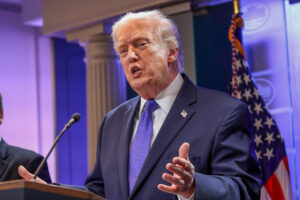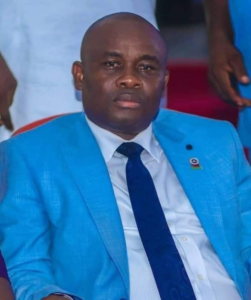Taiwan’s newly inaugurated president, William Lai, has called on China to cease its threats and acknowledge the island’s democratic existence.
In his speech after being sworn in on Monday, President Lai urged Beijing to replace confrontation with dialogue.
He also affirmed that Taiwan would never yield to intimidation from China, which has long claimed the island as its own.
China’s response was swift and firm. “Taiwan independence is a dead end,” said Foreign Ministry spokesperson Wang Wenbin during the daily press briefing on Monday afternoon. “Regardless of the pretext or the banner under which it is pursued, the push for Taiwan independence is destined to fail,” he added.
Beijing has expressed strong disapproval of Mr. Lai and his Democratic Progressive Party (DPP), which it views as pro-independence. Since his election victory in January, China has increased military incursions around Taiwan’s waters and airspace.
These military actions have become routine in recent years, raising fears of potential conflict. In his speech, Mr. Lai described this as the “greatest strategic challenge to global peace and stability.”
However, the 64-year-old president closely followed the approach of his predecessor, Tsai Ing-wen, whose cautious but steady handling of relations with Beijing has defined her tenure.
Mr. Lai, a doctor turned politician, won the presidency in a three-way race in January, securing an unprecedented third term for his party. He had served as Ms. Tsai’s vice-president since 2020 and previously as her premier. Earlier in his career, he was known for his radical stance on Taiwanese independence, earning Beijing’s ire and the label of “troublemaker” before the election. Chinese state media even suggested he should be prosecuted for secession.
The Chinese government has yet to issue a statement on Mr. Lai’s inauguration. However, over the weekend, the Chinese embassy in the UK held a press briefing urging the UK government not to endorse the inauguration. Additionally, a spokesperson for China’s Taiwan Affairs Office warned last week that Taiwan’s new leader “must seriously” consider whether he wants peaceful development or confrontation.
As Mr. Lai was being sworn in, China’s Commerce Ministry announced sanctions against several U.S. companies involved in arms sales to Taiwan. Despite this, Mr. Lai adopted a conciliatory tone in his inaugural speech. He emphasized that he would not alter the status quo, a diplomatically ambiguous position that does not officially recognize Taiwan as a country despite its constitution and sovereign government. China maintains this stance and accuses major Taiwan allies, like the U.S., of undermining this delicate agreement by supporting the island.
Mr. Lai pledged to maintain peace and stability and expressed a desire to reopen exchanges across the Taiwan Strait, including welcoming Chinese tourist groups to Taiwan. However, he also warned that the island’s residents must remain vigilant about the threat from China and stressed the need to further strengthen Taiwan’s defenses.
This approach mirrors the policy of his predecessor, Tsai Ing-wen. She believed that bolstering Taiwan’s defense capabilities and securing support from key allies such as the U.S. and Japan was crucial to deterring Chinese aggression. Critics argue that this military investment could provoke China and increase Taiwan’s vulnerability.



























